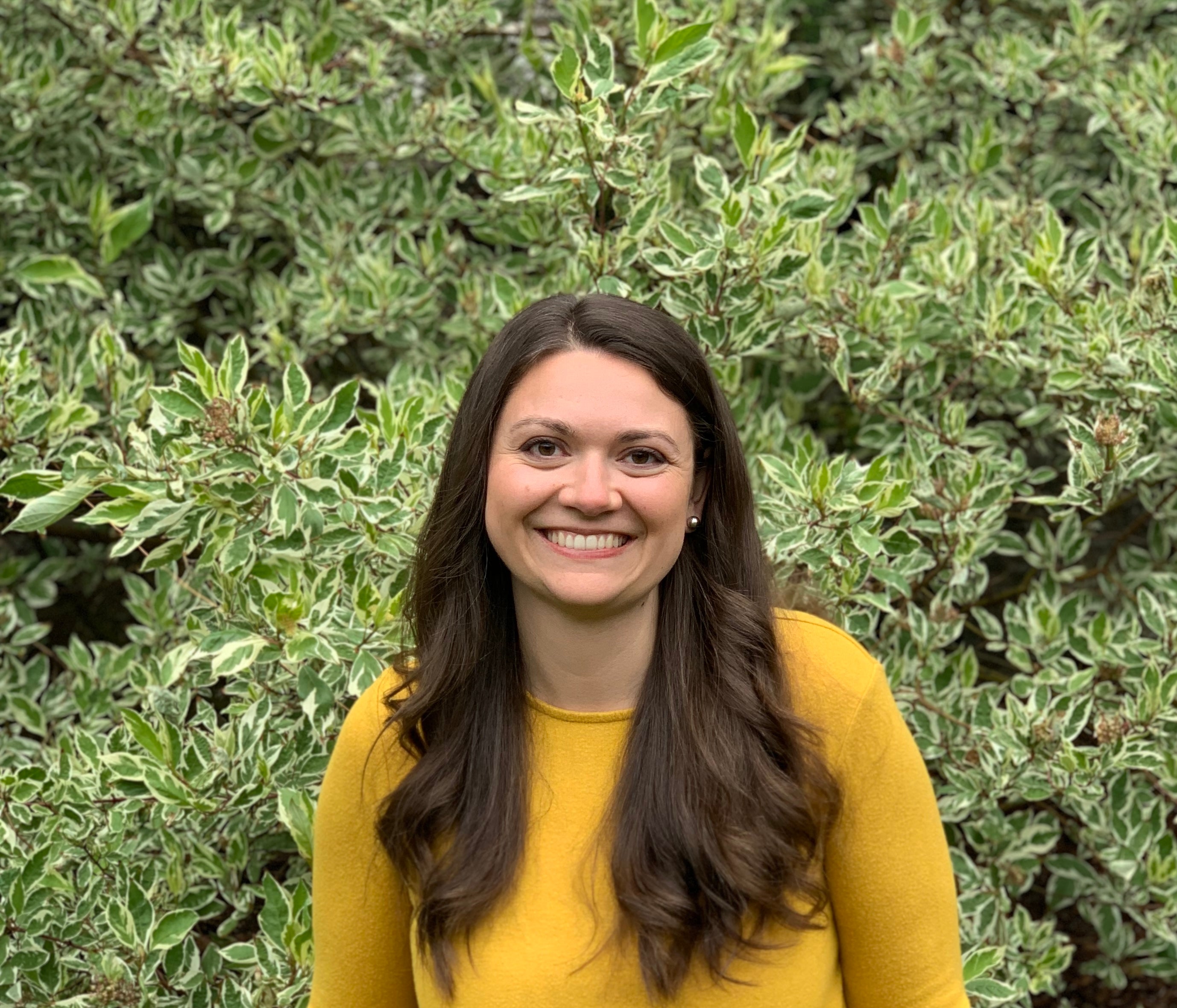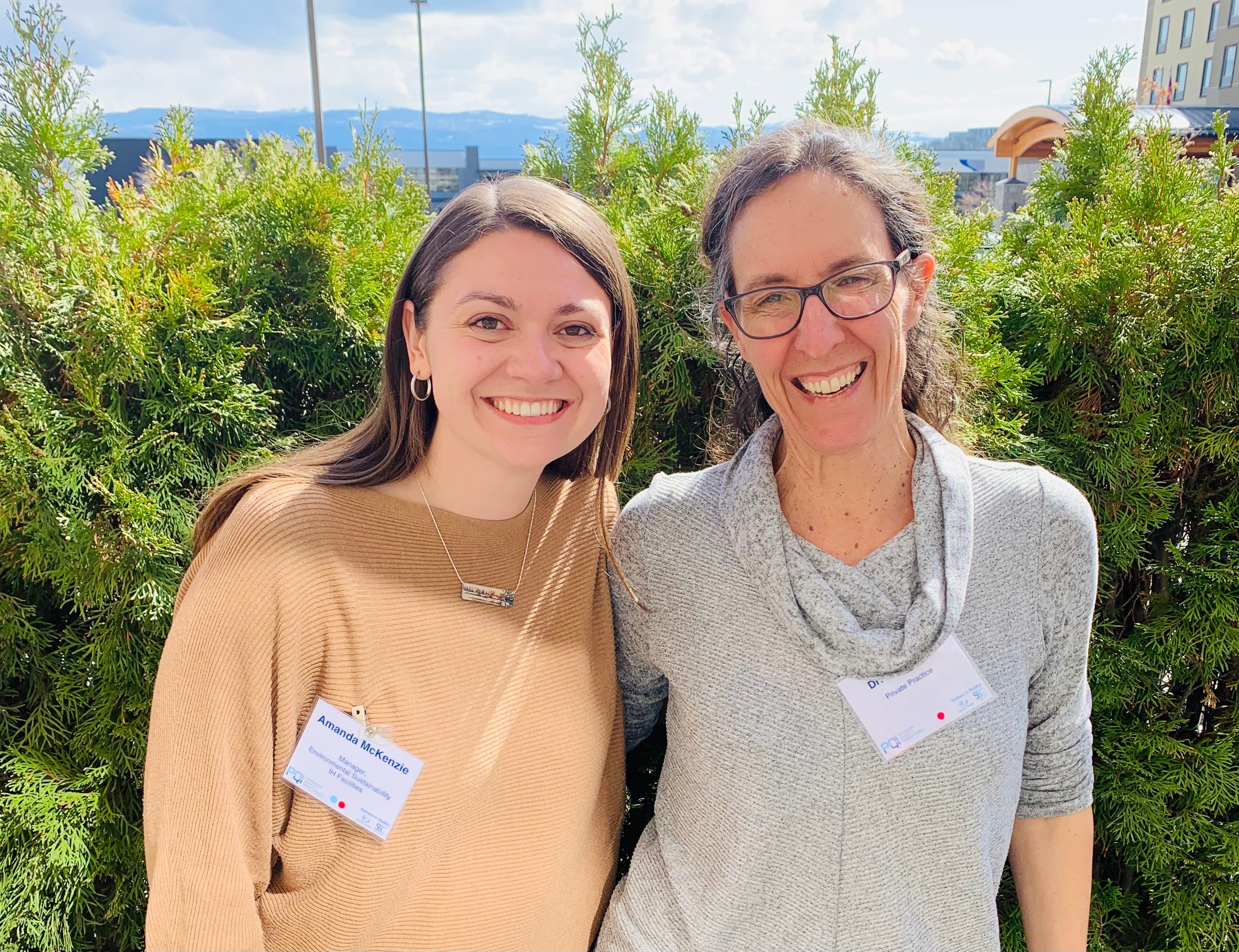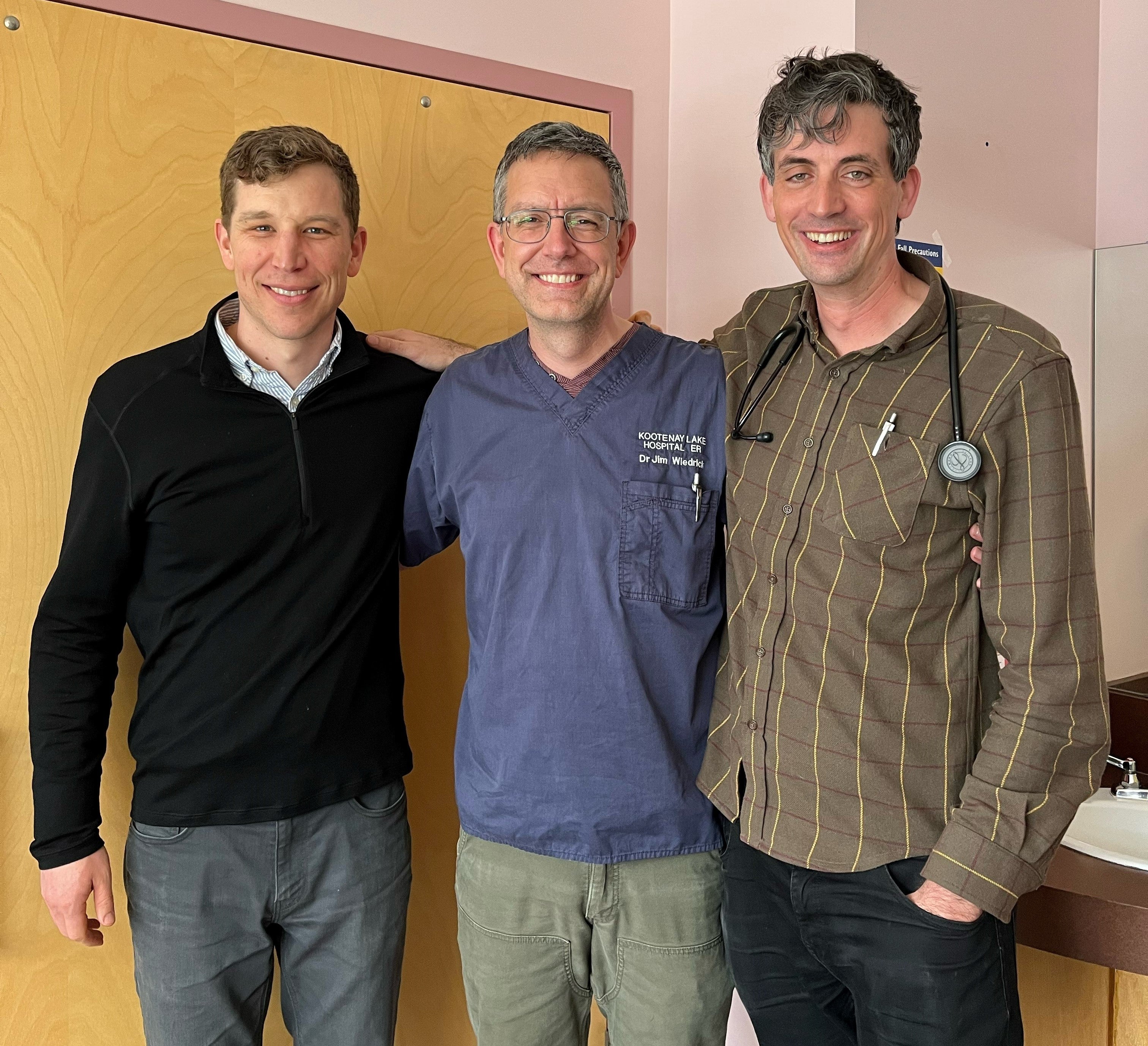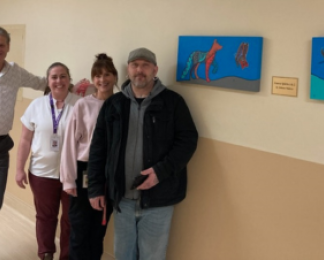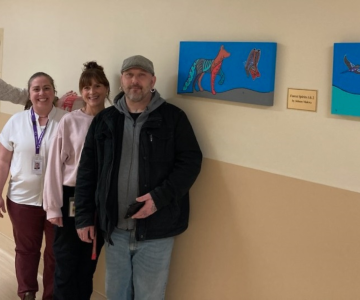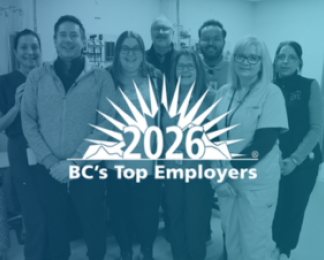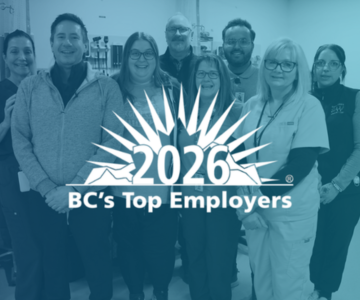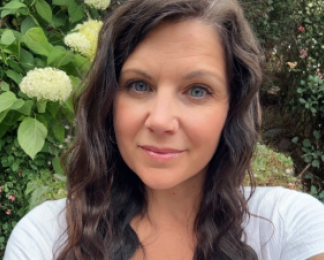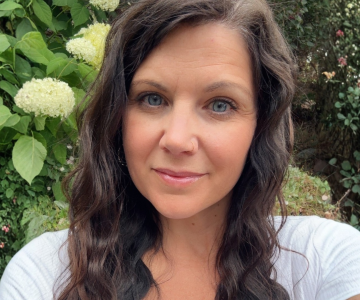Interior Health (IH) is not only a health provider, but a health promoter. One way we promote healthy communities is by looking after our environment, and taking action to reduce the environmental impacts health care has on the communities in which we operate.
We just released our 2022 Climate Change Accountability Report. Here are some of the highlights from the report – and some of the ways we are helping mitigate, adapt and increase our resilience to the impacts of climate change.
- We have been carbon neutral since 2010.
- We have finalized a new 5-year Climate Change and Sustainability Roadmap. We’ll be releasing the full document soon.
- We annually update the Strategic Energy Management Plan to meet our long-term greenhouse gas emissions reduction targets.
- Our staff-led environmental sustainability committees have grown from two to six. These committees advance grassroots environmental initiatives at various IH sites focused on patient care, staff education and engagement, and creating a culture of sustainability.
- IH became the first health authority in B.C. to implement anesthetic gas recovery technology at Royal Inland Hospital, reducing emissions associated with our services.
Look at this infographic, which highlights these actions, results and more.
Celebrating our champions
Here are a few of the people you'll see in the report, and who are making a difference and working to create a sustainable health-care system at IH.



